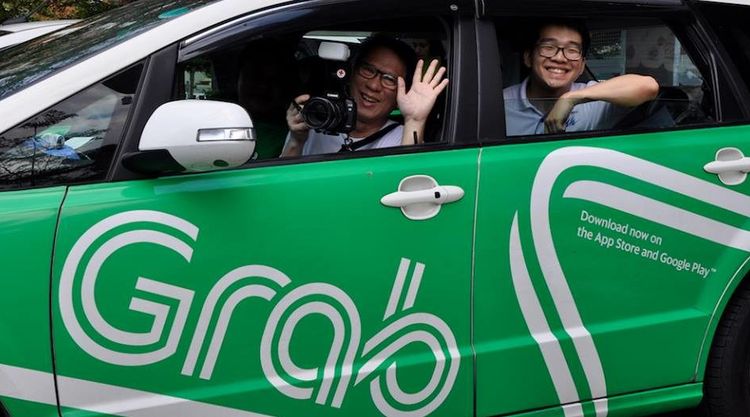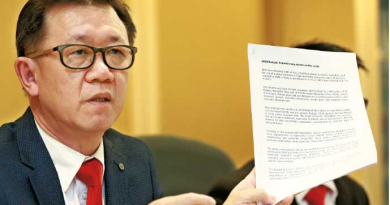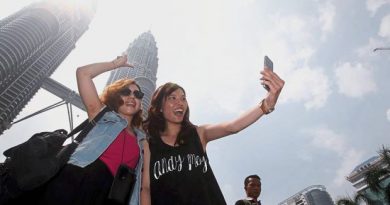Malaysia’s transport minister clarifies Grab will not be banned
Malaysian transport minister Anthony Loke has reaffirmed that the government will not ban the operations of ride-hailing startup Grab in the country, despite protests by local taxi drivers against the startup.
Loke said that he is aware of the problems faced by local taxi drivers and of the issues to be considered from the perspective of both taxi drivers and passengers.
“Our purpose is to encourage taxi drivers to use e-hailing applications, whether it is from Grab or other companies, (we should) not focus on Grab only as there are 20 to 30 e-hailing companies in the country, there are many more options,” he said during a Parliament session on October 31.
Recently, unhappy local taxi drivers had protested against the Malaysian finance ministry, following reports that the government may work with Grab to replace feeder buses to provide last-mile transport services at Mass Rapid Transit stations in Kuala Lumpur.
However, Loke had then clarified that the transport ministry has no plans to replace feeder buses with Grab services.
There has been a fair bit of furore over Grab in Malaysia as the local taxi drivers are still unhappy with the ride-hailing startup for disrupting their income opportunity, besides the threat of monopoly in the ride-hailing industry after the Grab-Uber merger.
Some taxi drivers had walked out of a meeting with the Malaysian prime minister in October, as they were dissatisfied with the PM’s decision to allow Grab to continue its operations in Malaysia.
Meanwhile in Indonesia, Grab drivers staged a rally earlier this week in front of the company’s office at the Lippo building in Kuningan, South Jakarta, to express their disappointment with Grab’s treatment of its drivers.
The protesting drivers had reportedly prepared a list of 10 demands to be put forward to Grab, which included the setting of a minimum tariff of Rp 3,000 per kilometre, a fair partnership agreement with drivers and transparency in case of driver suspension.
However, no Grab representative came to meet the protesters, and the demonstration later turned violent.
This was the second rally staged in as many months by Grab drivers. In the last rally in September, which also ended in violence, the ride-hailing company had reportedly failed to send a representative to meet demonstrators.
At the time, Grab Indonesia managing director Ridzki Kramadibrata said most of the protesters were drivers who had been suspended by Grab.
Grab’s response
In response to all these recent events in Malaysia, Grab Malaysia country head Sean Goh had noted that the startup believes in better access to safe mobility while creating new income opportunities for all.
A case in point, he said, was the ‘JustGrab’ service that allocates each booking to the nearest vehicle, be it a taxi or a private car.
“Unfortunately, when we first introduced JustGrab, we encountered a reluctance from our passengers to ride in an e-hailing taxi. From our surveys, we learned that this is due to two key factors: (a) very old taxis, which are perceived as inferior in safety and quality, and (b) a toxic reputation that a minority of misbehaving taxi drivers have thrusted upon the entire taxi community,” said Goh.
Grab says it has enforced the same quality requirements across taxis and private cars – a maximum vehicle age of ten years (on par with the official regulatory requirement for e-hailing), strict quality ratings and anti-cherry-picking rules.
“Is Grab fully inclusive as a community? We believe we are nearly there. The crux of the problem is that the high e-hailing standards on vehicle age, quality ratings and cherry-picking may lead to some taxi drivers being inadvertently excluded,” he said.
Goh added that JustGrab now accounts for over 70 per cent of Grab bookings (as of September 2018) and there are now 17,000 taxis on Grab’s platform and growing.
“We firmly believe all taxis and private cars are a core driver and beneficiary of the overall growth of public transport. Moreover, we do not have any intention to seek exclusive arrangements with our government,” he said.
Source: DealStreetAsia




